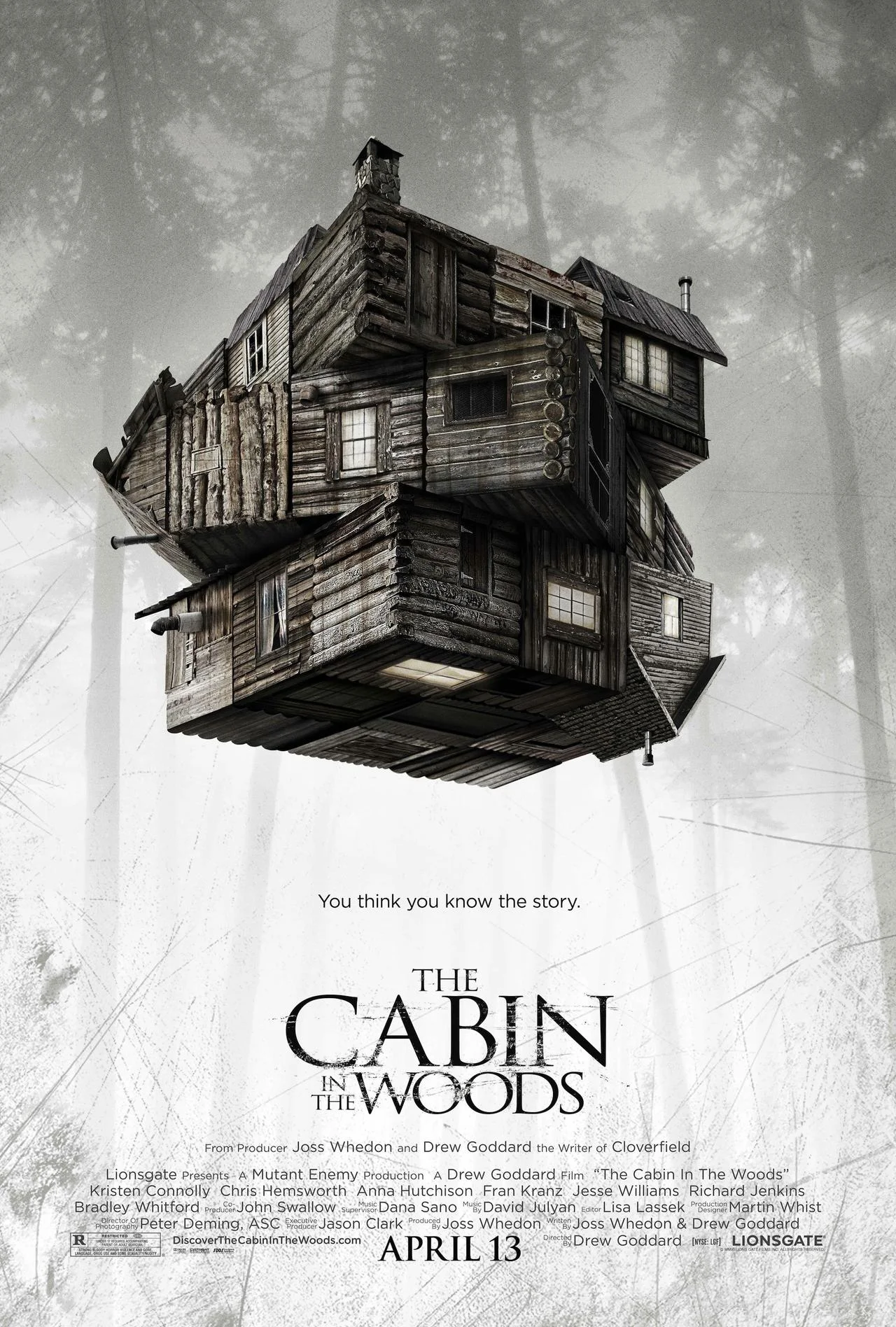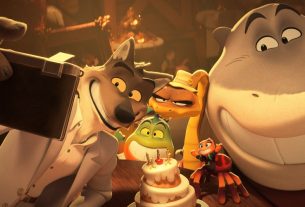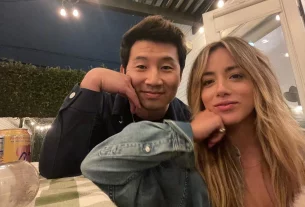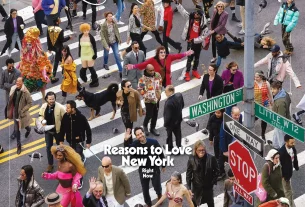In 2012, the small and medium-budget B-level horror film “The Cabin in the Woods” finally made its way to the big screen after tossing and stumbling.
It is such a seemingly inconspicuous work that has attracted the attention of both horror movie fans and non-movie fans.
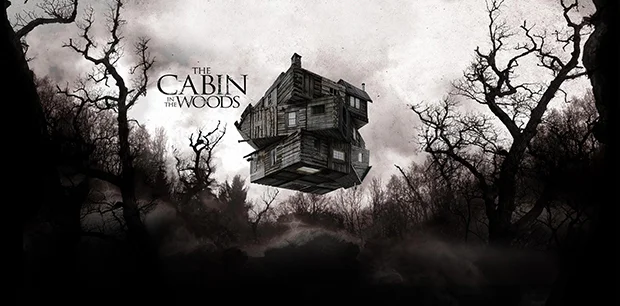
Even today, 10 years later, there are still many viewers who tirelessly search for information on various monsters that appear in the film.
“The Cabin in the Woods” was filmed in 2009, before Chris Hemsworth became “Chris Hemsworth.”
At that time, the screenwriter of the film, Joss Whedon, had not reached an agreement with Marvel for “The Avengers”. At that time, MGM also planned to make the film into 3D, but due to bankruptcy, the film copyright fell to Lionsgate.
As a small-budget film, the phenomenon caused by the film at the time was actually a bit niche, but the temperament it presented was subversive enough.
It is not “one film” fighting, behind it, with the help of all the stereotyped horror movies, it is still very attractive to horror movie fans.
It uses subversion and parody, deconstructs almost all the routines of traditional horror films, and plays the reversal of thinking until the last moment.
Now, just in time for the 10th anniversary of the release of this “horror film against horror films”, this article will review and analyze the subversion and complaints of horror films in “The Cabin in the Woods” with you.
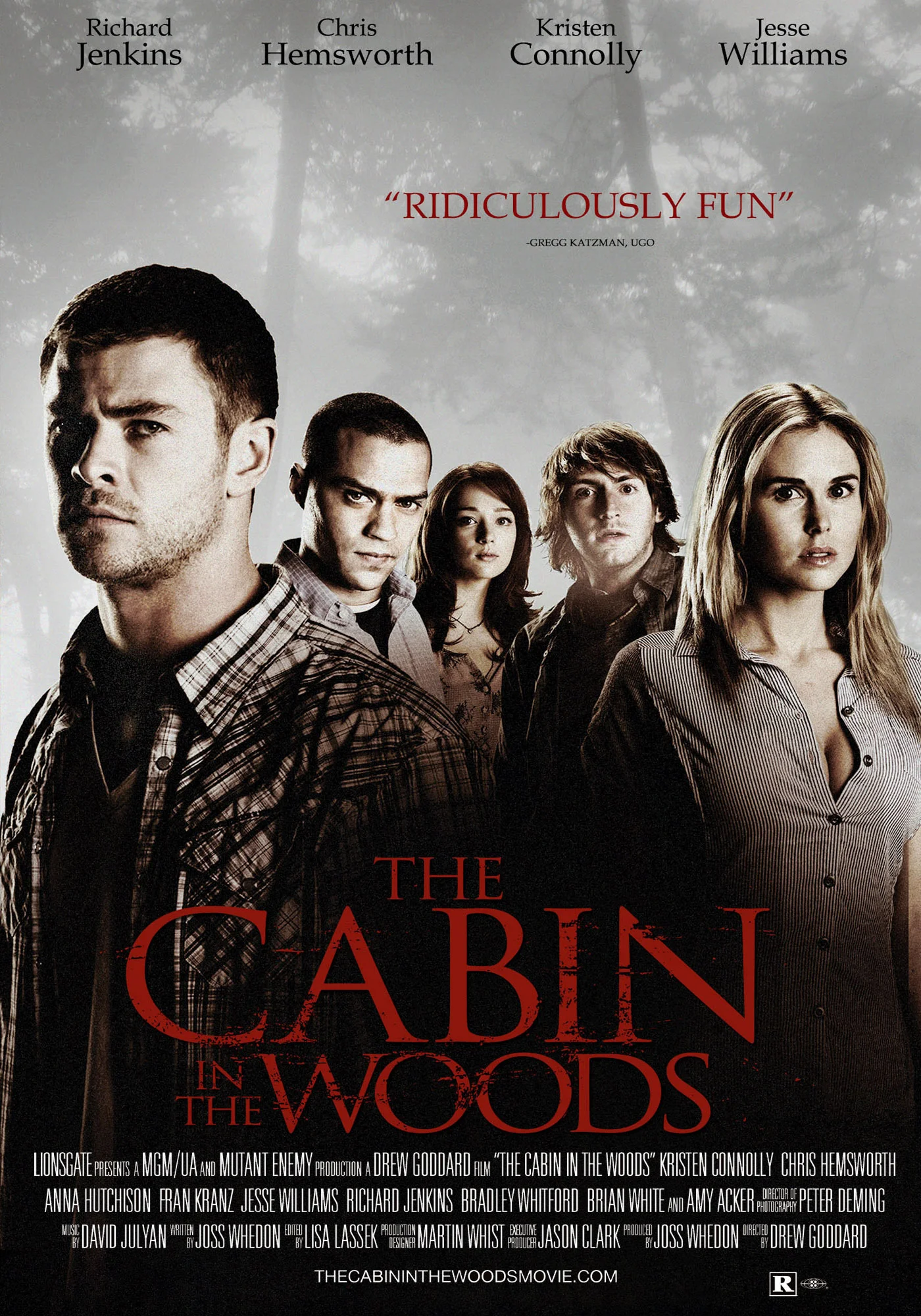
The Dilemma and Dilemma of American Horror Movies Through “The Cabin in the Woods”
Dilemma: The situation in which the underground studios find themselves in “The Cabin in the Woods” basically represents the dilemma faced by American horror films.
Routines and patterns have become an industry that has become less and less able to satisfy the tastes of audiences. After “A Nightmare On Elm Street”, “Alien”, etc.), American horror films have been in a very awkward passive situation for a long time.
This has also led film workers to constantly reflect. In the face of the market, the connotation of horror films is only reflected in the price level rather than the value. Innovation has become the most expensive value. How to reflect its value to the greatest extent is American style. The problem with horror films.
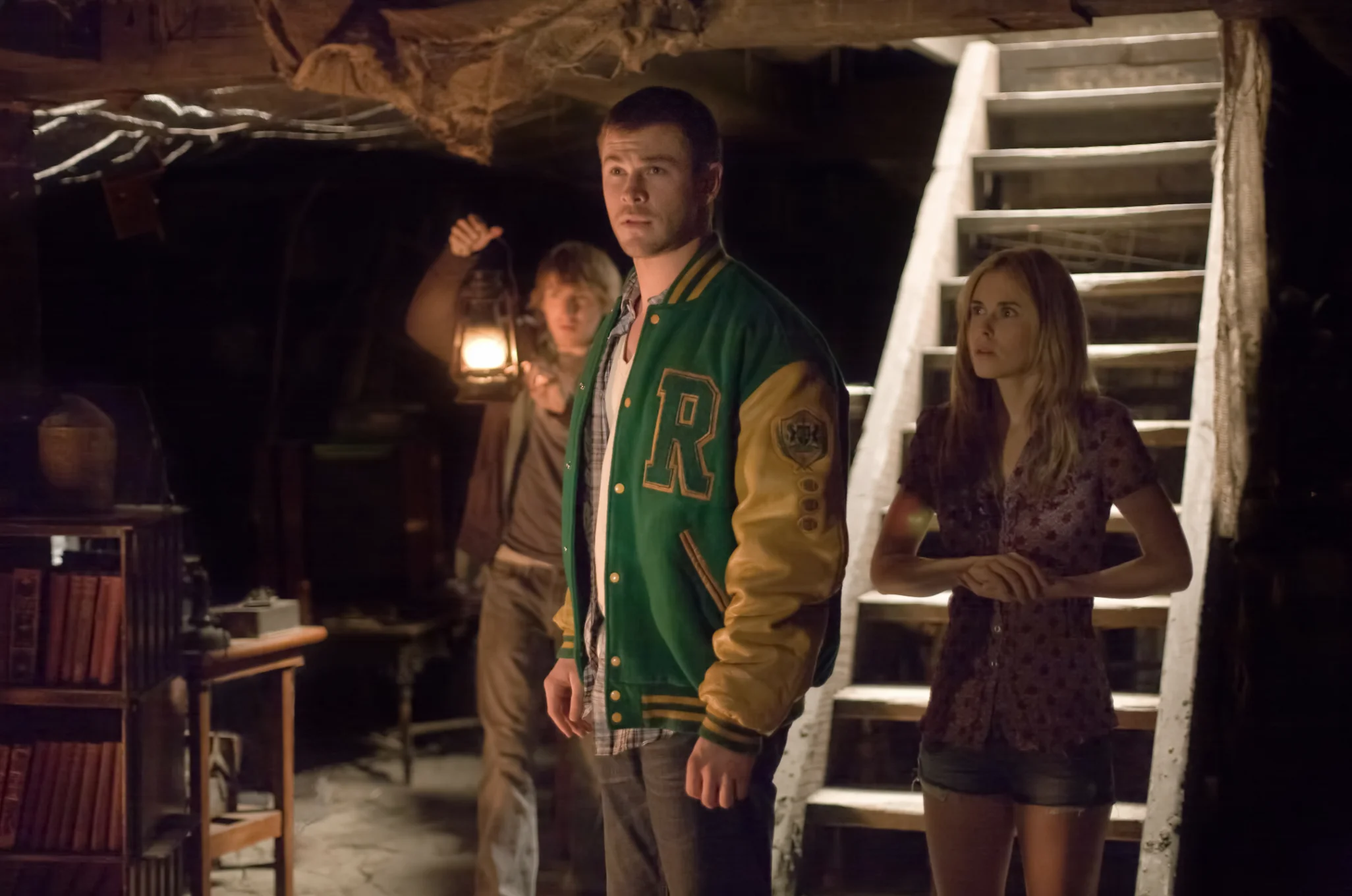
Difficulty: As the oldest genre, American horror has experienced nearly a century of development, and its narrative techniques have been excavated.
Every year, except for a few novel horror films, thousands of other films are still “copied” in pursuit of pure commercial interests, resulting in far more saliva than praise in the horror film market.
It is very difficult to be a horror film writer, and Joss Whedon, a horror film fan, knows this, so in “The Cabin in the Woods”, we saw such a “play within a play” joke.
The “white coats” sitting around the monitors in the film actually symbolize the workers of American horror films. They deliberately arranged monsters one after another, inducing one death after another, but one after another. Failure, and even being counterattacked by his own strength, eventually led to the birth of the evil god, and all efforts were destroyed in one fell swoop.
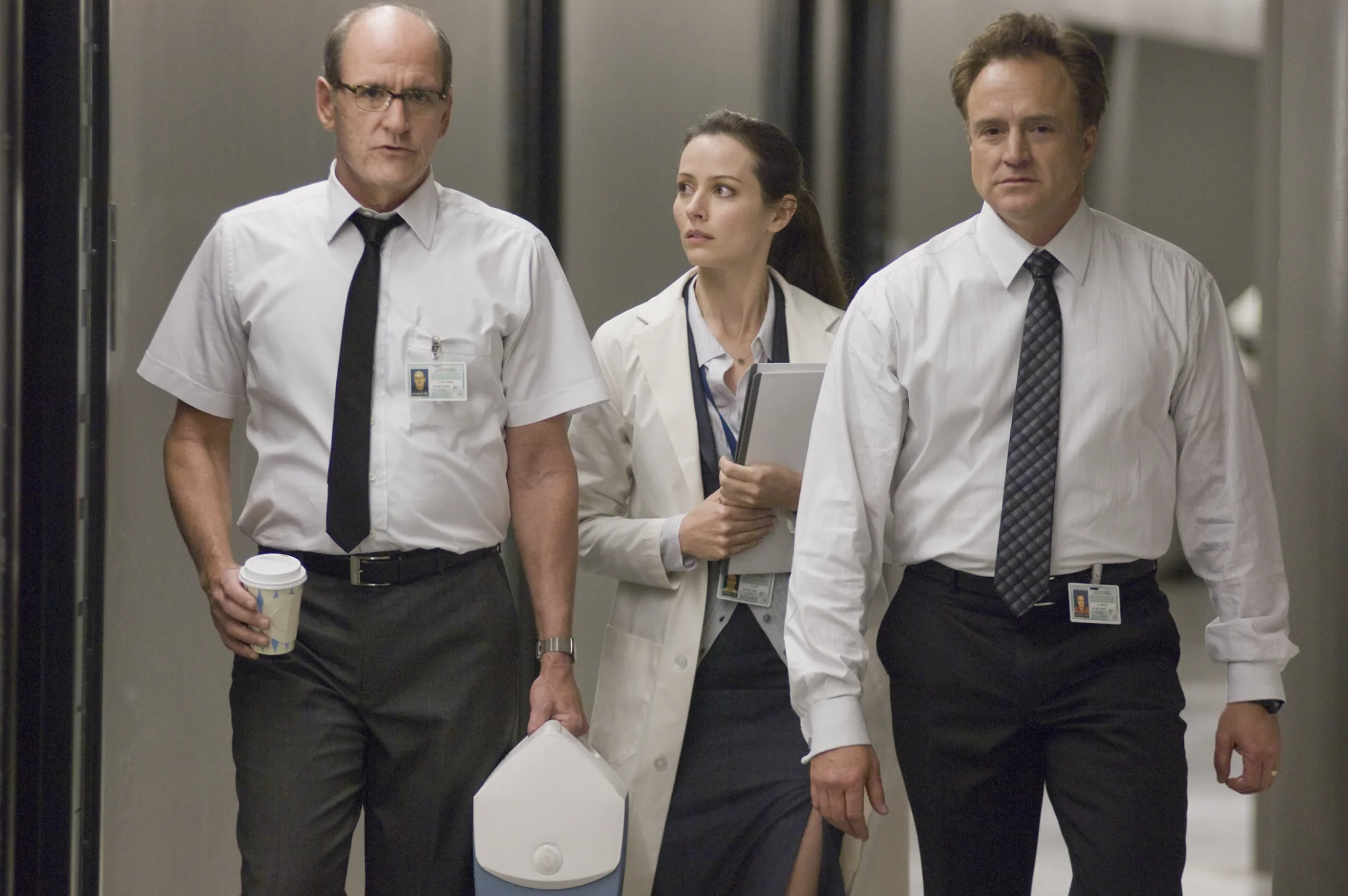
Tucao: The plot design of “The Cabin in the Woods” is like a summary Tucao of American horror movies. Various pre-designed bridges are widely used, which makes the film look like it is separated from the behind-the-scenes plot. It is no different from some unpopular horror films, and it is the double-line plot development of the movie that makes the behind-the-scenes plot extremely subversive.
“The Cabin in the Woods” is a subversive or subversive and anti-conventional horror film that challenges the status of traditional horror films, and can also be seen as a concentrated satire on American horror films.
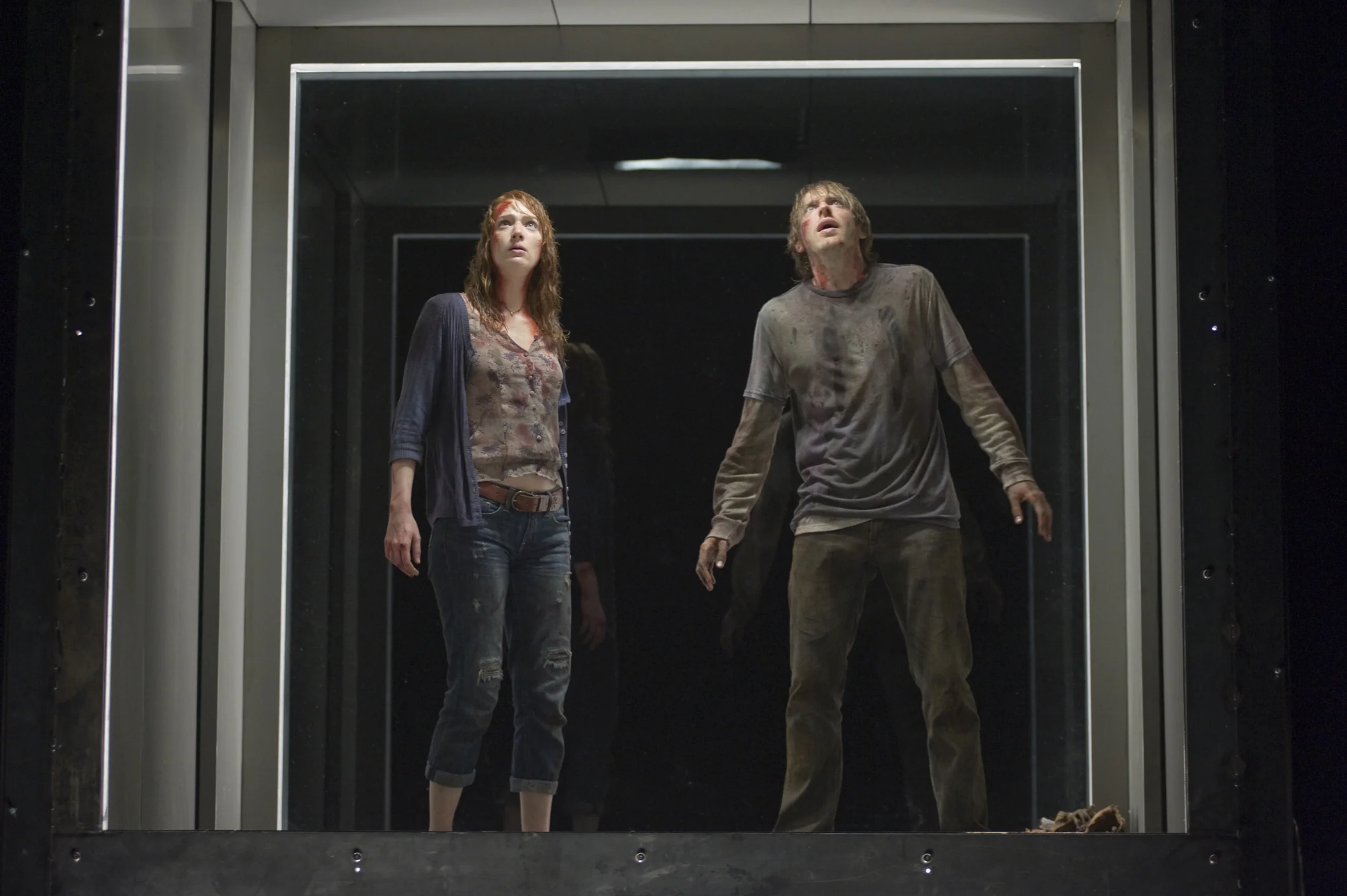
Read all the “horror movies completely send death manual”
“The Cabin in the Woods” tells an unconventional story in a cookie-cutter way. The pre-arranged plots presented in the movie are completely tailor-made for American horror films, and all kinds of cookie cutters are available.
It is necessary to form an outing death squad of more than 5 people
A couple of people drove to the suburbs for a vacation, and then….
Probably this narrative method is the one most used by horror film writers.

George Elton Mayo, the founder of human relations, once pointed out that “human beings still do not know how to live in harmony”.
Especially in the wilderness, the rapid development of science and technology brings convenience and brings many social problems at the same time.
The indifference of interpersonal relationships, the self-centered values, the money-oriented attitude, etc. all distort people’s hearts and bring about perverted and desperate resistance.
When environmental factors and places change, the invasion of outsiders breaks the traditional established structure, and this distorted interpersonal relationship is also infinitely amplified.
In the wild suburban jungle that seems to have not been eroded by industrial civilization, in fact, it has already existed as a victim of industrial civilization.
This allows horror film writers to find a quick and easy way to save money and effort. The Expendables outing mode has penetrated into the bones of the American horror film theme, and it still maintains its due vitality.
There must be a “fierce, stupid and pure” character configuration
The characters in horror films are quite tragic. They not only shoulder the heavy responsibility of advancing the plot, integrating the atmosphere, and creating horror, but also to die calmly without hesitation.
The supporting role highlights the horror atmosphere, emphasizes the disparity of power and enhances sensory stimulation, and the existence of supporting roles, with the development of horror movies, has evolved into a set of classic models.
Just like “The Cabin in the Woods”, the characters in horror films come standard with 5 people, namely Sexy, Fierce, Dumb, Silly, and Pure.
Generally speaking, horror films start with a group scene, and gradually differentiate the concept of main and supporting roles in the middle and late stages. Through this characterization model, the audience can “guess” who is the main character in the following story roughly 10 minutes after the film starts. who will die.
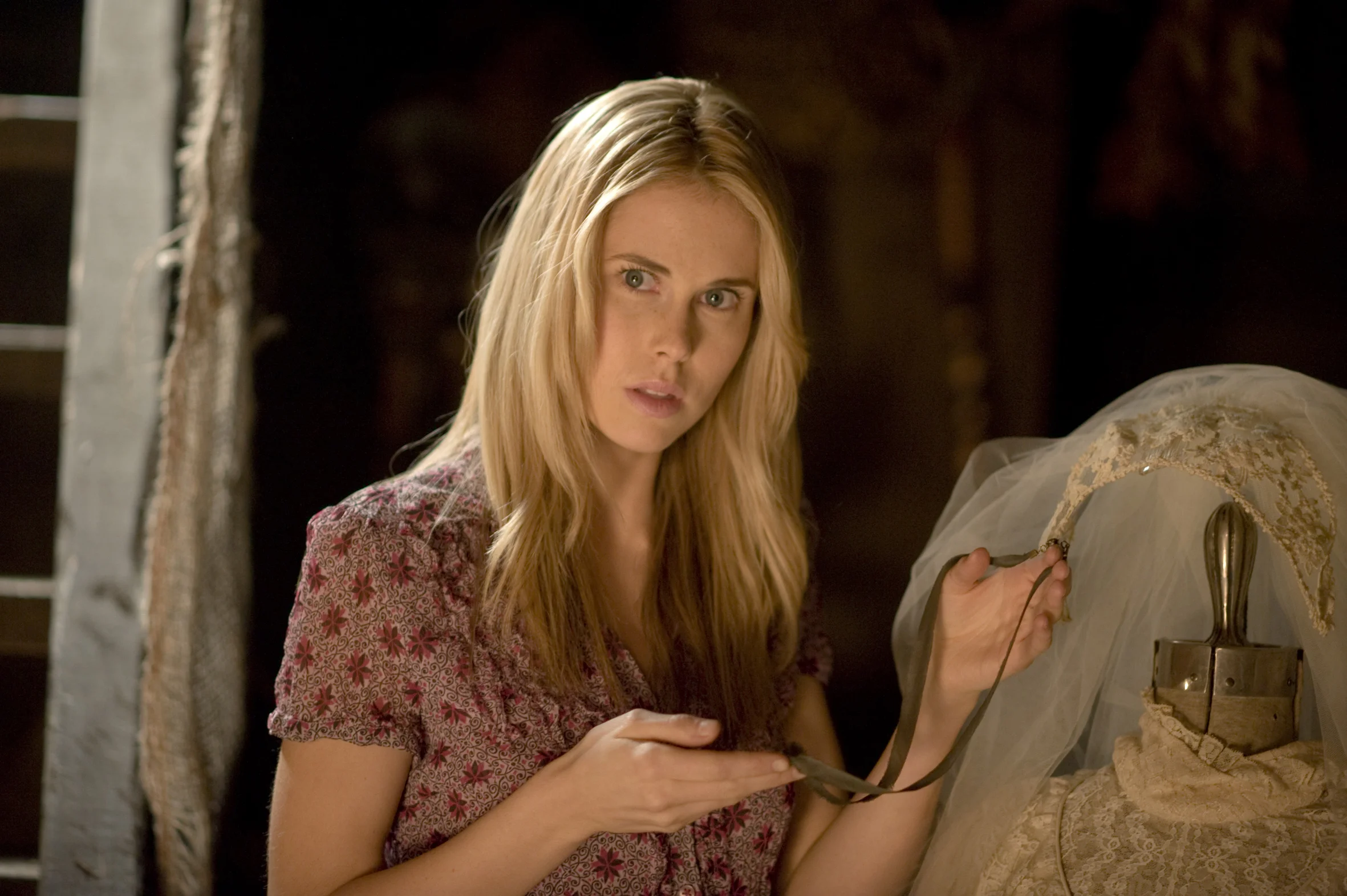
The hot girl in “The Cabin in the Woods” flirts with the wolf
Sexy: The purpose of their existence is to show off their coquettish coquettishness. Most of them are women. They also occasionally carry a handsome handsome guy. The dew point is the necessity of their existence, and they are often the first to board the ship after completing the task.
In fact, it is debatable whether the silly Thor represents stupid or fierce in this film.
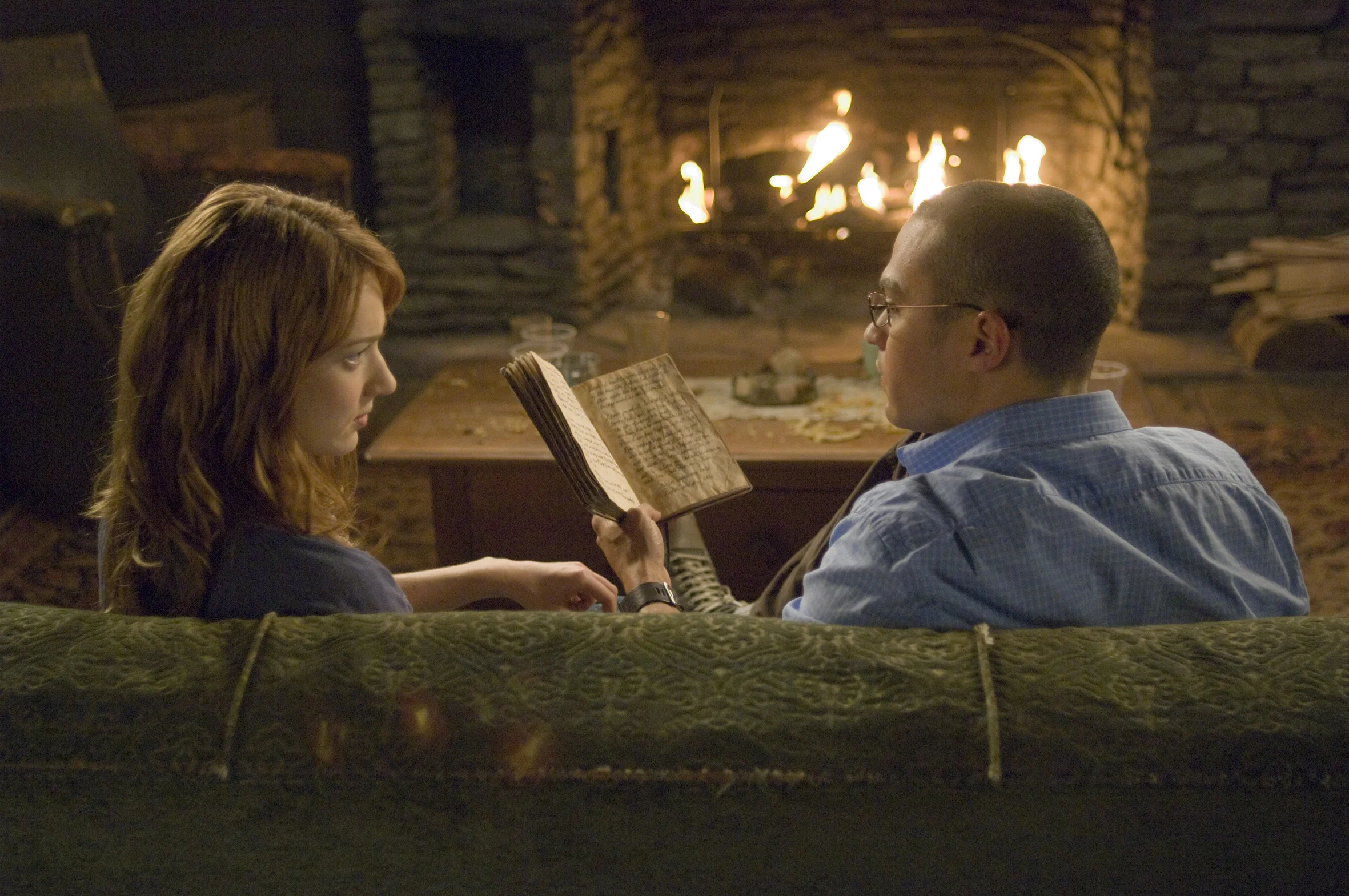
Fierce: They symbolize the most powerful force against the villain, Kong Wu is powerful, and provides a glimmer of hope for defeating evil, but they are always unable to survive to the end. Maybe they sacrifice themselves for others, or they may be sparse, so that the last hope is wiped out.
This nerd is really cheating
Dumb: It’s talking about those very honest characters, whose behavior is quite standard, trying to resist evil through scientific means, and even sometimes mistaken for the protagonist, but in the end it turns out that their actions are not scientific at all.

In fact, this kind of buddy is not stupid, he is simply unlucky
Silly: This type of character is often seen as the most damnable and will end up paying the price for their own opinionated behavior.
The hippie in “Night of the Demons 2” was arrogant and arrogant. He also pretended to be a demon to frighten everyone, and was finally killed by a real female ghost “tongue kiss”.
The heroine representing the virgin is naturally pure and stupid and lived to the end
Pure: Generally speaking, such unremarkable characters will eventually live to the end and can be identified as protagonists. They are simple and popular, and the successive deaths of their companions provide them with experience against evil.
Although many horror movies will kill all the frontal characters, such pure characters tend to survive the longest.
In “Dolls”, the fat man with a childish innocence was finally let go by the murder doll because he believed that the children’s “toys were resurrected”.
Facts have proved that having a pure heart can become the last killer of the protagonists who are helpless.
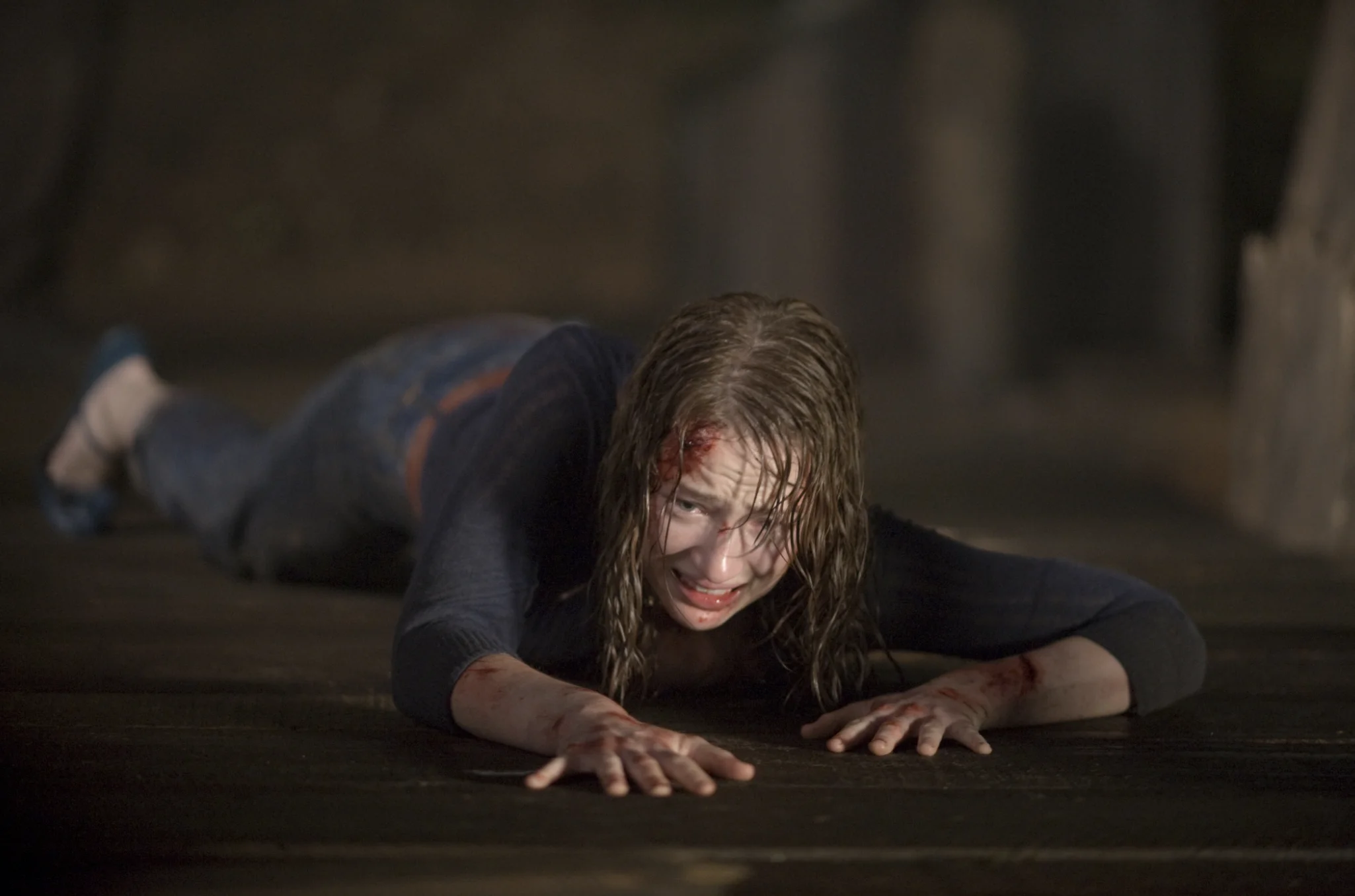
Must abide by several rules of horror movies
The cycle of death is no longer something that can be predicted and avoided by science, and it has become a problem that various characters in horror films have to face.
This is the fatalism of horror movies. In the face of evil, characters are always vulnerable and helpless, and can only be forced to accept the arrangement of fate.
However, American horror films, in order to make this kind of fate seem more reasonable, and more emphasis on resignation, will also make a big fuss about the plot setting.
Over time, in horror films that emphasize the atmosphere and the fate of a single death, the death plot is full of tricks, but it is always the same, and it has already developed into a routine and a rule.
The behind-the-scenes team in “The Cabin in the Woods” let the young people play a “survival game” according to the death rules of American horror movies.
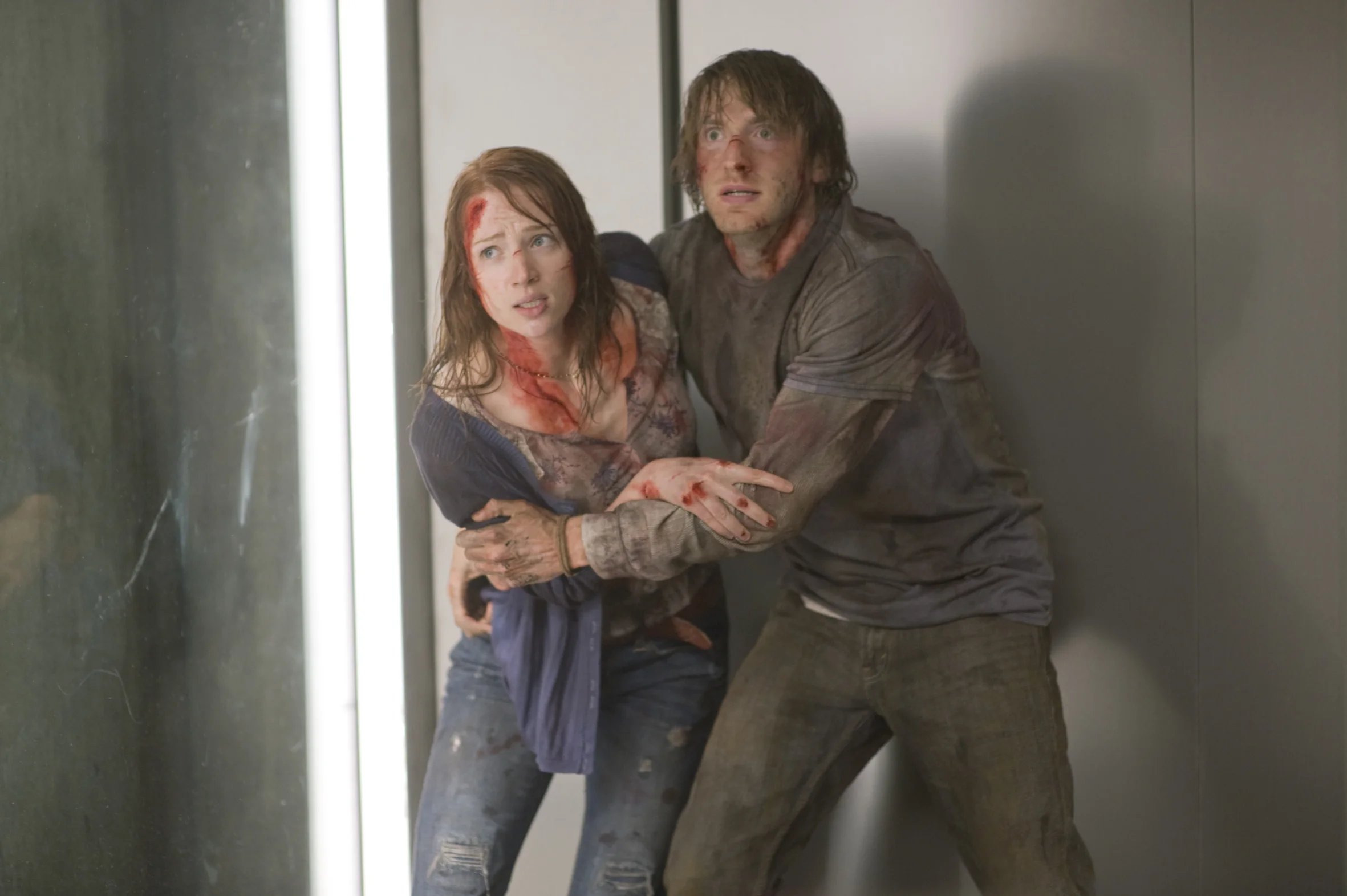
- The rule of love must die
In horror films, the fragrant scenes often become an alternative feast that attracts the audience, and once the performance is over, these guys who enjoy the drunken life and dream of death also lose their existence value, and death is inevitable.
The famous “Starship Troopers” and several sequels fully demonstrate the rule that sex will die. After you are finished, one party will surely die under the mouth of the Zerg, and in the animated version of “Starship Troopers: Invasion”, the two present to the audience. All the men and women in the passionate drama died in battle.
Even with the development of the times, the cruel screenwriters even made them not even romantic ghosts. “Freddy vs. Jason” opens with a couple of cheating men and women dying in love, and it’s not enough.
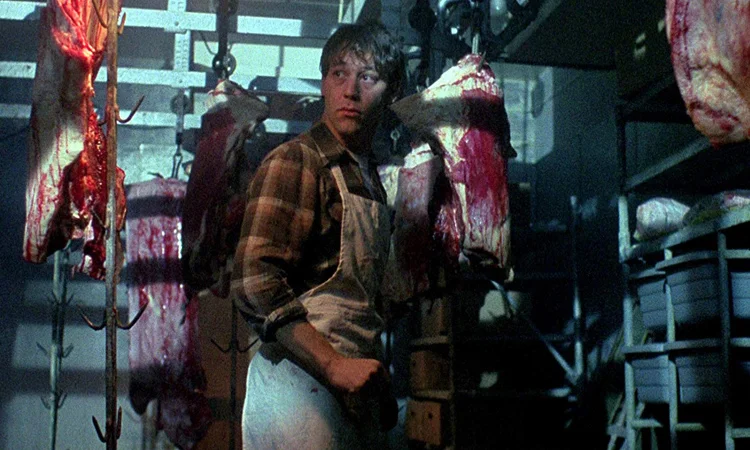
- The rule of Divide and Conquer
All the eggs in horror movies don’t go into one basket, so as long as the death of the characters is involved, they are in an environment where they face the villain alone due to various plot arrangements.
It’s a shame that these damned guys don’t understand the greatness of collective power.
In the 1989 movie “Intruder”, the killer used this tactic to slaughter all the supermarket employees in a small supermarket overnight.
In this film from the entire crew of “The Evil Dead”, Sam Raimi makes a cameo role as a supermarket employee who is stuck in a freezer and stabbed in the throat with a hook.
- The rule of Fighting in the dark
Dark scenes and claustrophobic environments are the best means to enhance the atmosphere in horror films. The fear of darkness is human innate nature, but except for passive darkness such as “The Descent”, most horror films have The dark scenes are all actively created.
The 2005 remake of the old version of “The Amityville Horror” of the same name created an atmosphere of horror and depression most of the time in the haunted house.
If Ryan Reynolds could turn on the lights while walking in a dark room, the horror effect would be greatly reduced.
- The rule of Curiosity killed the cat
Only when horror movies fully satisfy the audience’s curiosity, can they be more terrifying and want to watch.
Similarly, the characters in horror films are also driven by this kind of psychology, and give full play to the spirit of the first crab eater.

Just like the various evil props in “The Cabin in the Woods”, it is like a seductive treasure waiting for the owner to excavate.
The Book of Death in the movie “The Evil Dead” is driven by curiosity to summon the angry undead. Thanks to these people who see death as home, without their existence, we will not be able to see the classic horror scenes in film history.
You must threaten women or be threatened by women
In the 1970s, under the influence of “sexual liberation” and the feminist movement, a large number of social and cultural changes affected the film and television works at that time, and a number of female-based horror movies appeared, known as horror movies. “Women’s Threat”.
In the films represented by “Alien”, “Halloween”, and “The Shining” at the time, female threat was to put women in danger as victims, and women were “threatened”, always the main victim. In order to meet the narrative purpose of finding the ferocious devil.
There is also another type, taking “Carrie” as an example, and women appear as “threats”.
In this genre, the rise of feminism and assertiveness is seen as threatening the rules of the patriarchal order, thereby casting women into terrifying roles.

In “The Cabin in the Woods”, the female characters are left to survive at the end, a convention used in many horror movies.
The villain of this film is also a woman, from Sigourney Weaver in “Alien”. It can be seen that the film integrates two modes of “women’s threat”. Whether it is “threat” or “threatened”, women’s threat is nothing but terror. A means of satisfying horror-thrilling viewing pleasure in movies.
